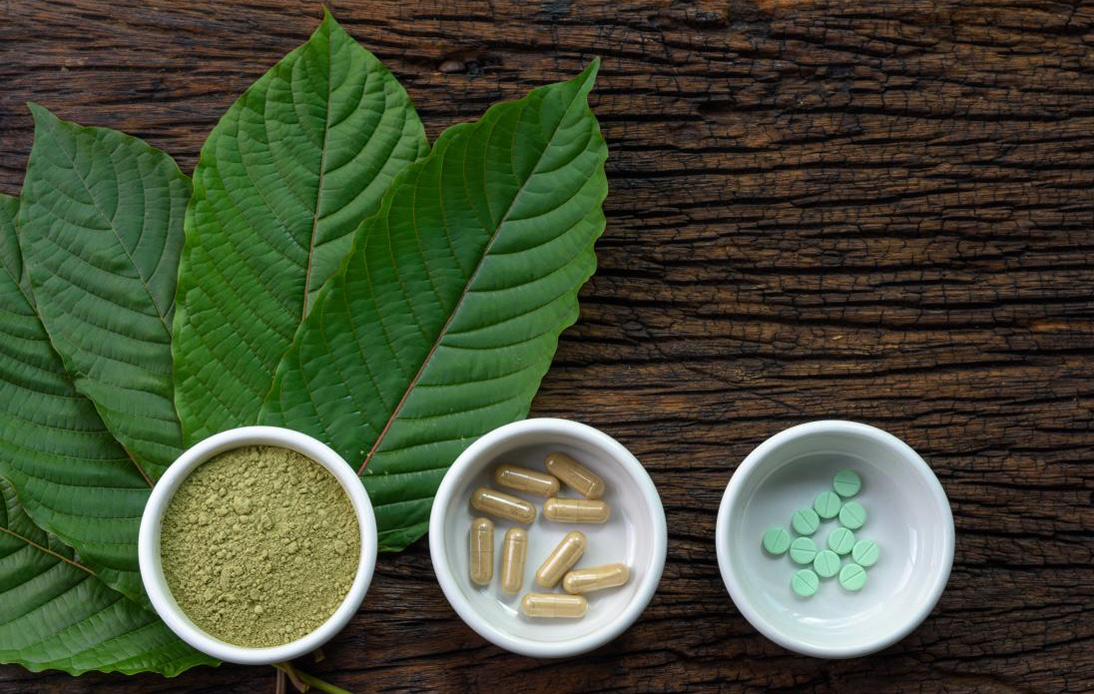
On Tuesday, Thailand decriminalized the cultivation, possession and sale of the psychoactive folk remedy known as kratom.
Kratom or Mitragyna speciosa, a plant native to Southeast Asia, is often used as a mild stimulant painkiller.
Its leaves have also become quite popular in the United States for their pain-relieving qualities.
According to Justice Minister Somsak Thepsuthin, over 1.000 legal cases for possession or sale of kratom have been dropped.
Besides, about 121 inmates convicted in kratom-related cases would be released immediately, he added.
Previously, those charged with possessing 10 kilograms or more of kratom faced up to two years in prison and a fine of up to 200,000 baht ($6,077).
But decriminalizing kratom and removing it from the official list of controlled narcotics allows people to grow the plant at home and sell it legally.
Thailand recently authorized the regulated use, purchase and sale of medical marijuana, allowing growers to grow up to six plants per household.
However, people who want to create other products from cannabis or kratom plants must be granted approval from the Food and Drug Administration (FDA).
Although there are still harsh penalties related to methamphetamine and heroin, decriminalizing marijuana and kratom eases pressure on its judicial system.
The new drug policy would not only help reduce costs linked to the legal system but would allow kratom to become a low-cost alternative to expensive pain relievers such as morphine, Somsak said when he proposed the kratom-related action to the Cabinet last year.
It would also help people who cultivate the plant -mostly in the impoverished south- increase their income.
Regulators earlier classified kratom as a Class 5 narcotic. But the House of Representatives authorized its removal from the list of controlled substances earlier this year.
However, selling the plant to children and pregnant women will remain illegal.
Authorities also prohibit people from mixing kratom leaves with other drug substances, including codeine or diphenhydramine, used in the folk Coca-Cola-based remedy “4 × 100.”




















